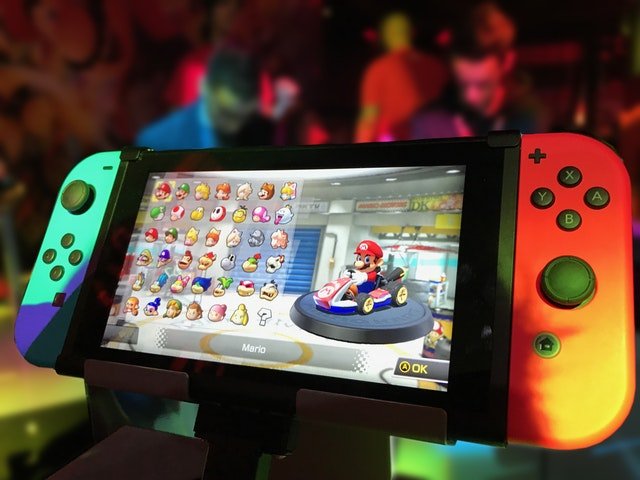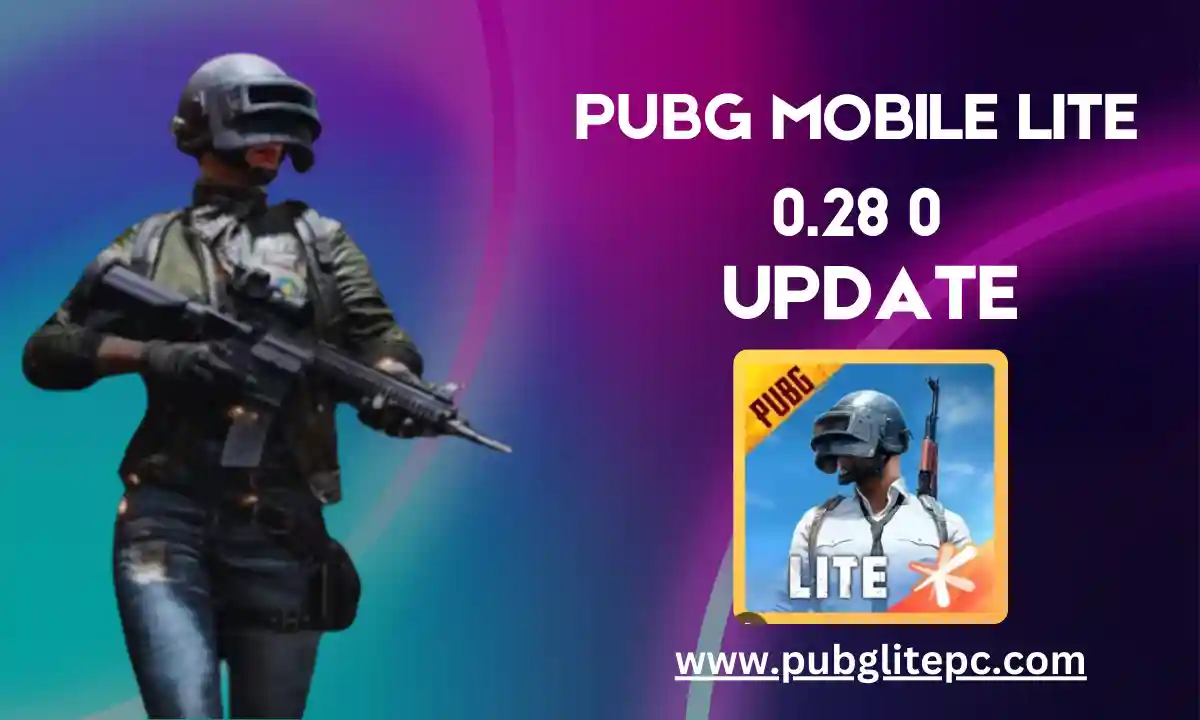
Virtual Private Network, more commonly known as VPN, masks your identity on the internet. It hides the Internet Protocol (IP) address and encrypts the connection. In some cases, it is also more secure than Wi-Fi.
When you connect to a VPN, your device connects to another server through the internet connection. The VPN server may be thousands of miles away. Any activity on your computer is viewed as an activity on the VPN. By connecting to a server, your device routes the traffic to the server, which then connects to the internet. Through encryption protocols, your IP address and internet activity remain hidden. Only the server can decrypt the data sent to it. Hence, if you are planning to use a VPN service, make sure that they are reliable and authentic. Here is the article which is offer a free trial of VPN.
Why do you need a VPN?
You may be wondering whether VPN is legal to use or not. A VPN is legal for users who do not intend for crimes and other shady activities. If you are using a VPN for gaming, browsing, or streaming, then it is okay.
A VPN is used for various reasons, which include maintaining user privacy and for security purposes. Moreover, it provides greater freedom to browse the internet. Gamers prefer a VPN for a variety of purposes. With a VPN, you can play online games in places where the game is not accessible. It also means bypassing geo-blocks. It can also improve the gaming experience when you have multiple players. Without a VPN, users are vulnerable to cyber-attacks. However, with it, your data is secure from hackers, who are always on the lookout for catfishing.
How to use VPN for Playing PUBG: Steps on how to connect to a VPN
If you want to use VPN to play PUBG or any other game on mobile/desktop, here is how you can do it.
Also Read: – How to choose best name for PUBG
Choose a VPN and sign up!
To choose a VPN, consider your purpose for using. Also, check the device a VPN is compatible with. Most VPNs are compatible with Android, Windows, macOS, and iOS. However, some VPN services may not be compatible with a mobile device, for instance. So you can’t use that particular VPN on your mobile device to play games.
Once you have selected the VPN that suits your requirements, you need to sign up for the service. You will need to provide an email ID. Most VPN service providers offer a free trial, after which you need to subscribe to it. This way, you can see if the VPN is suitable for you or not. Once the trial period is up, you can select and purchase the plan which best suits you.
Download and installation
Download the VPN file and install it on your mobile device or desktop. For information regarding this step, visit the website of the VPN service provider for detailed guidelines.
Most VPN services automatically connect your device to the server. You can also do it manually. To set up a VPN, check your device’s network and internet connections. You will see an option for adding a VPN connection. Change the name of the VPN to something you prefer. You must add an ID and password for the VPN connection for added security.
Select server location
With a VPN service provider, you must specify the location of the server that you want to connect with. VPN services have a default setting and automatically connect to the fastest server. You can work along with that or change the server location yourself. If you want to experience smooth gameplay with minimum lags, you need to connect to the fastest server. Most of the time, a lack of connectivity is due to a slow server. However, manually doing it can be a hassle as you have to determine to connect to the VPN.
It completes the VPN set up process, and you can now begin playing PUBG online with your friends.
Conclusion
VPN has several advantages when it comes to gaming. It is often used by gamers to remove geo-blocks that are in place for banning the game in a particular region. Most VPN services are quite affordable, starting at $4. However, you should compare the features of the VPN before you choose one. Not all VPNs are accessible on all devices.








